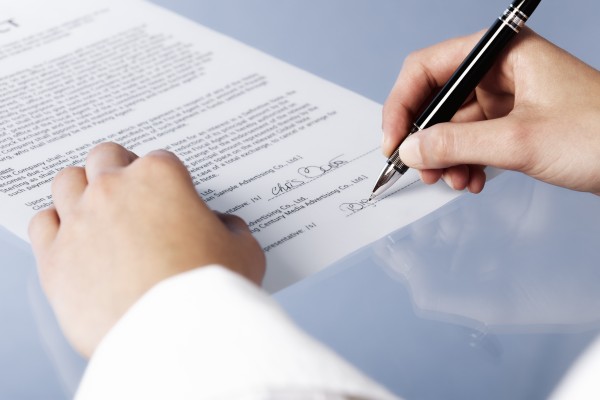Even when revenue is down, cash is scarce, and business should not neglect their insurance needs. Businesses that are without adequate, broad and proper coverage or underinsured may be attracting needless risks that could lead to severe financial crisis or bankruptcy. An underinsured business or one without coverage can be destroyed completely in the event of a crisis. Business owners need to be well informed of what their insurance policies cover. Therefore, periodic review of coverage, along with adjustments and update is necessary as circumstances change.
Insurance Coverage
Insurance products entail contractual agreement between the agency and the insured spelling out the following:
- Cost of coverage
- What is insured?
- Conditions for making claims
- Terms of payment
There are a range of insurance categories as well as the degree of coverage, which both start-up and on-going businesses can exploit. Premiums and deductibles vary in terms of prices. Deductible is the amount paid by the insured towards a claim before the agency pays the claim. Most often, deductibles are higher when premiums are lower, and are is considered as the costs of purchasing and maintaining a policy. Premiums are paid on predetermined schedules, and it can be monthly, quarterly or annually.
Business Owner’s Insurance
The policy provides broad-spectrum safeguards against financial loss as a result of damages to the owner’s property. These damages may be from flooding, fire, and other natural disasters. The policy states precisely what property is covered, and may include legal liability for bodily harm suffered during the occurrence of the related event. A comprehensive coverage is the most preferred since it covers all eventualities except a few exclusions. The policy reduces the possibilities of unnecessary and overlapping coverage.
Product Liability
The insurable policy comes at an additional cost. It is necessary when the business is engaged in selling products that are likely to injure the users. Even when the business was not involved in the designing, manufacturing and distribution of the product, there is a possibility of being legally liable when the product you sell injure users.
Commercial Insurance
Commercial insurance policies are a necessity for big and complicated businesses or partnerships. For professional practice, malpractice insurance is critical because of the risks involved. Commercial insurance policy is important for restaurant, real estate and manufacturing businesses. The policy is relatively expensive compared to business owners’ policy, although risks are potentially costly and correspondingly higher to the underwriter.
Professional Malpractice Insurance
Businesses that offer advice and guidance to consumers where errors of omission or commission may lead to substantial liability require the policy. Such professions include accounting, advertising, computer analysis, dentistry, financial planning, journalism, law, medicine, occupational therapy, and real estate. For the policy, premiums are calculated based on actuarial data for dollar damages, risks, and other factors and depend on the profession. For instance, coverage for private practice, single-owner business will generally be subjected to smaller premiums. By providing your NI card, the insurance agency will view your details and make the necessary adjustment for coverage. Secure the future of your business by choosing the appropriate insurance policy.




